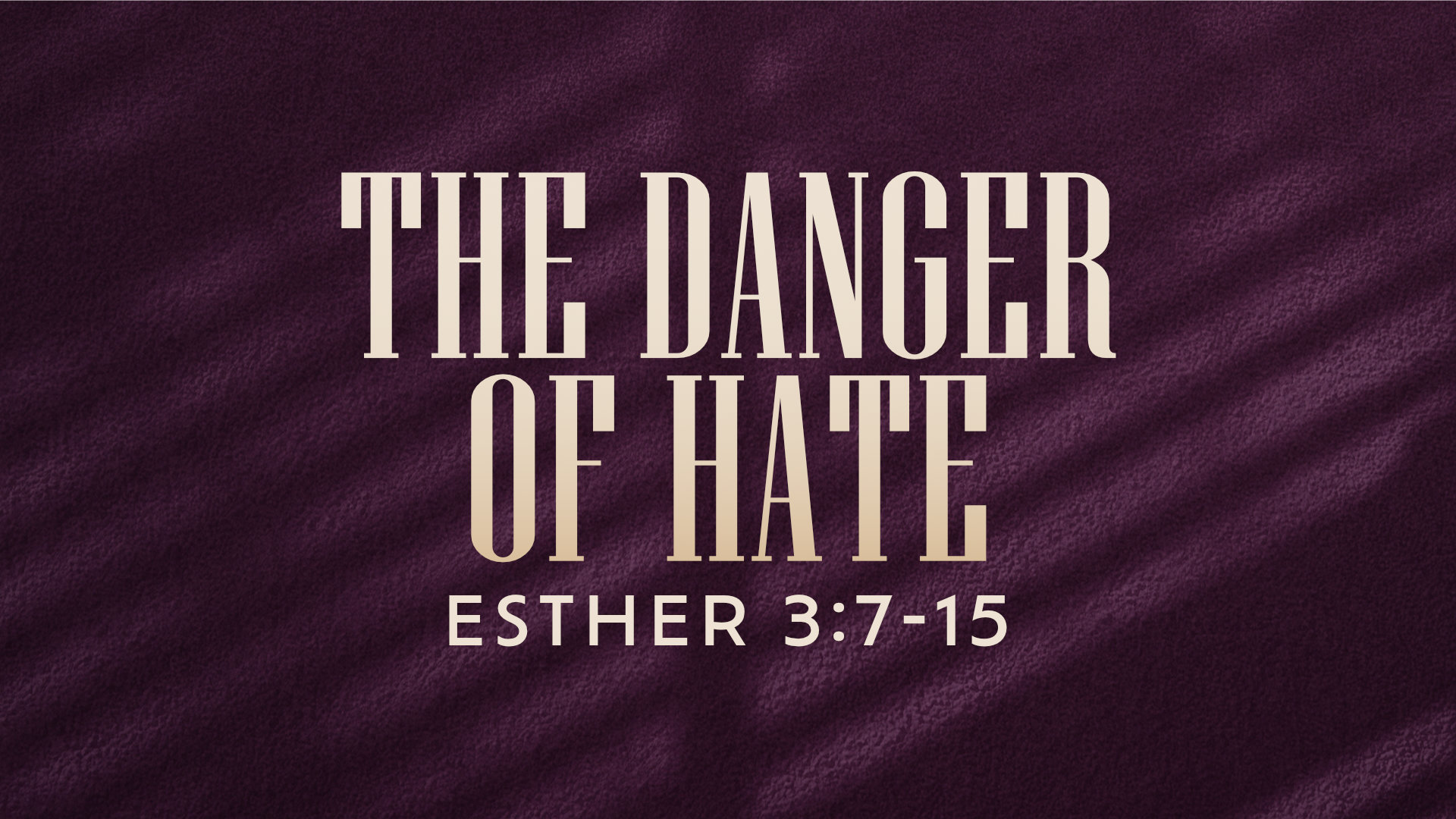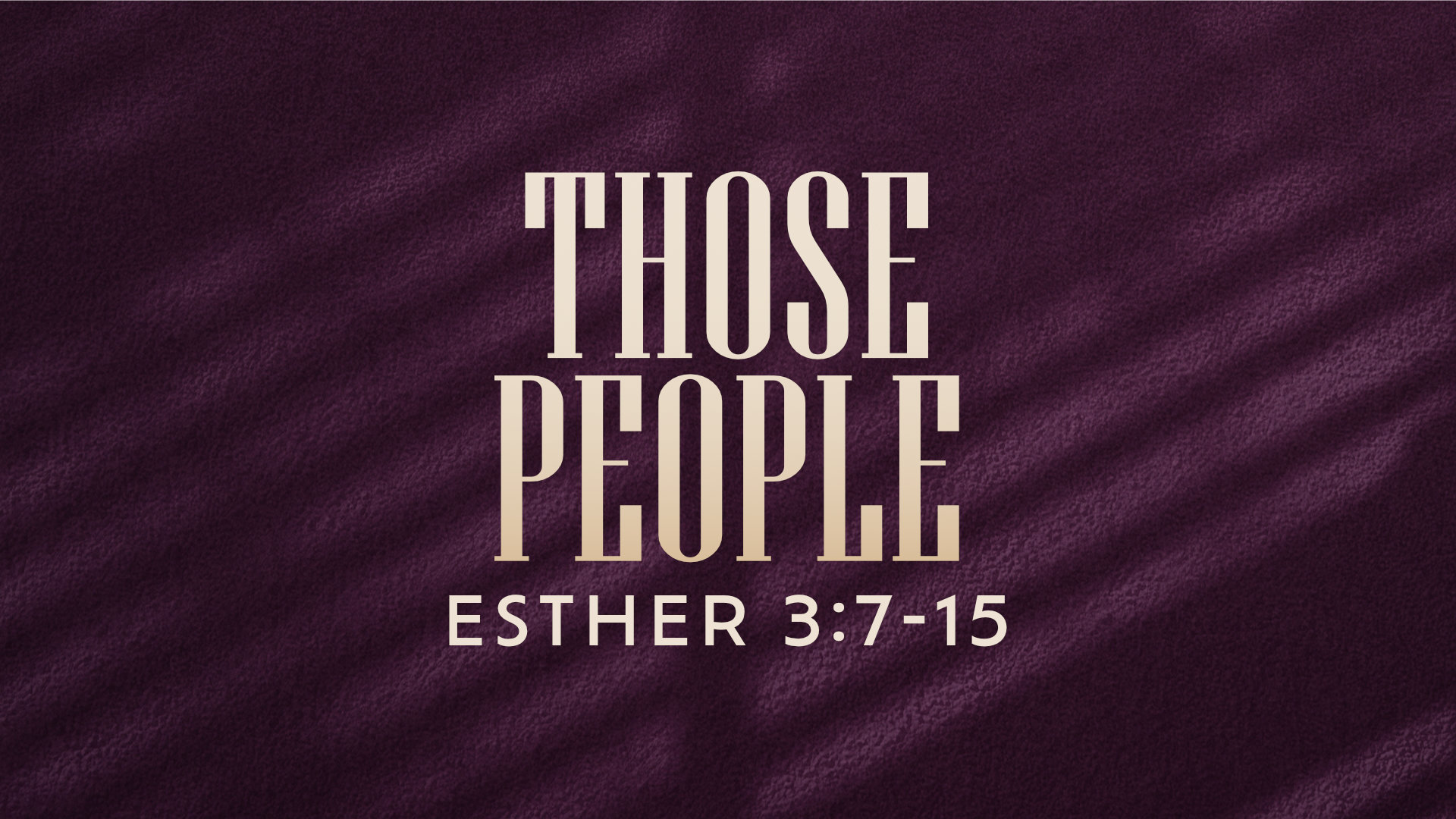The Christian's Head on the Culture's Platter
When John the Baptist spoke out against King Herod’s personal life, it cost him his life. Speaking the truth rarely guarantees receiving the culture’s acceptance or approval.
Culture
The Christian's Head on the Culture's Platter
When John the Baptist spoke out against King Herod’s personal life, it cost him his life. Speaking the truth rarely guarantees receiving the culture’s acceptance or approval.
The narrative of John the Baptist’s execution raises four critical questions that we must address:
1. Should we criticize sinful leaders publicly?
- When legitimate Kingdom discipleship is taking place, the world takes notice and often provides further ministry opportunities.
- Gospel ministry is at its healthiest when we speak to people rather than about people.
2. Should we expect a sinner to behave like a saint?
- Declaring God’s Word is better than sharing your opinion.
- The gospel is the only power able to change a sinner, but it requires an acknowledgment of sin before a guarantee of salvation.
- If you regulate your reaction based upon an association, you are more offended by politics than unrighteousness.
3. Should we be shocked by our culture’s depravity?
- We are responsible for how we deliver truth – not how the culture receives it.
Confronting our culture’s depravity seeks to stop the tide of sin rather than start an air of superiority.
4. Should we assume that following Jesus will be easy?
- Any path of discipleship that does not anticipate suffering is not following after Jesus.
- Keep your present hardship in perspective by remembering the suffering of Jesus and the promise of eternity.
- Each of us will have trouble in this life – for either doing good or doing evil. Choose wisely.






























